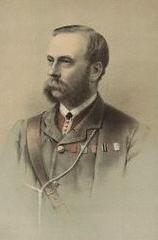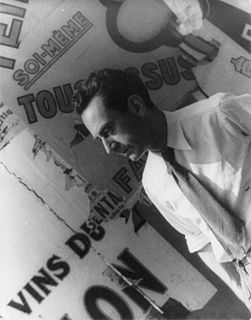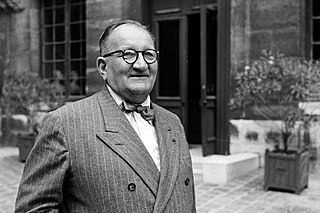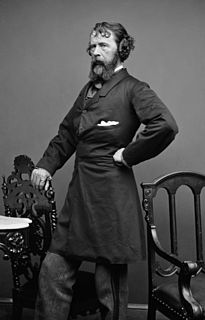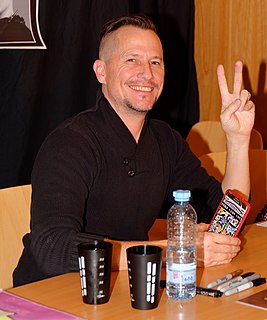A Quote by Sir Archibald Alison, 2nd Baronet
Taste is, in general, considered as that faculty of the human mind by which we perceive and enjoy whatever is beautiful or sublime in the works of nature or art.
Related Quotes
It is that faculty by which we discover and enjoy the beautiful, the picturesque, and the sublime in literature, art, and nature; which recognizes a noble thought, as a virtuous mind welcomes a pure sentiment by a involuntary glow of satisfaction. But while the principle of perception is inherent in the soul, it requires a certain amount of knowledge to draw out and direct it.
We were made to enjoy music, to enjoy beautiful sunsets, to enjoy looking at the billows of the sea and to be thrilled with a rose that is bedecked with dew… Human beings are actually created for the transcendent, for the sublime, for the beautiful, for the truthful... and all of us are given the task of trying to make this world a little more hospitable to these beautiful things.
Kant argued that, where nature could be considered beautiful in her acts of destruction, human violence appeared instead as monstrous. However, a misreading of Kant in Romantic philosophy led to the idealization of the murderer as a sublime genius that has colored constructions of that criminal figure ever since.
An artist who brings to his work a mind tolerably furnished with the general principles of art, and a taste formed upon the works of good artists ? in short, who knows in what excellence consists - will, with the assistance of models... be an overmatch for the greatest painter that ever lived who should be debarred such advantages.
The human mind has a natural tendency to explore what has passed in distant ages in scenes with which it is familiar: hence the taste for National and Local Antiquities. Geology gratifies a larger taste of this kind; it inquires into what may appropriately be termed the Antiquities of the Globe itself, and collects and deciphers what may be considered as the monuments and medals of its remoter eras.
